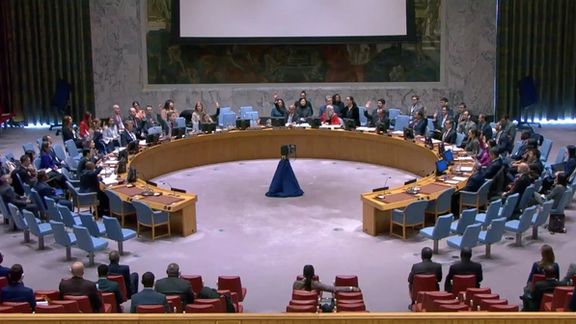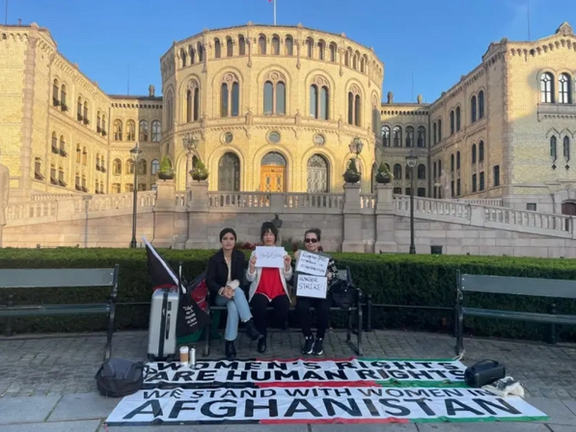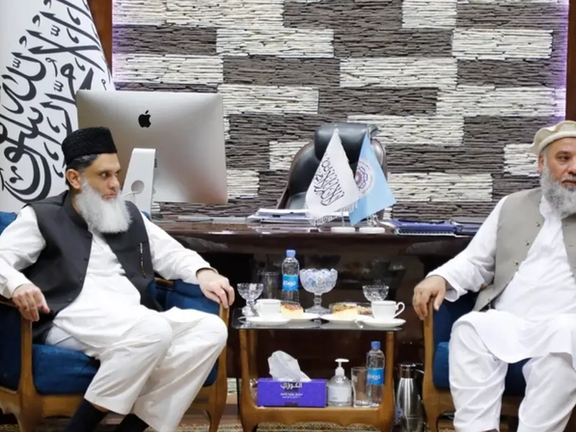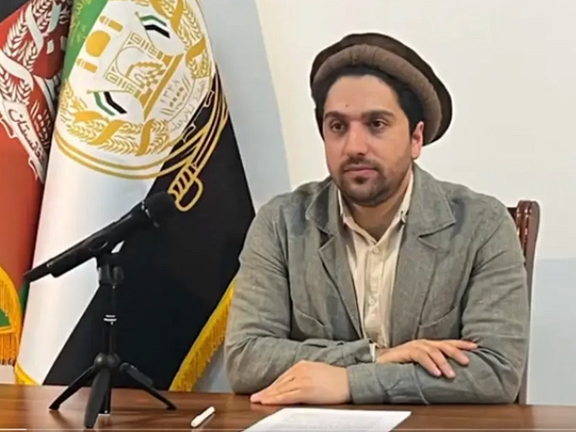Massoud, during the memorial ceremony at the British Parliament of Ahmad Shah Massoud, former Afghan jihadi commander, warned that the international community should not ignore the threat of terrorism in Afghanistan.
The British Parliament recently held a programme to honour Ahmad Shah Masoud, a former anti-Taliban commander.
In a virtual address, Massoud repeated his father, Ahmad Shah Masoud’s, warning of terror attacks emanating from Afghanistan.
According to the NRF leader, his father in the French Parliament had warned about the impending threat of terrorism from Afghanistan and stressed that the September 11 attack proved his predictions about terror threats.
He added that a similar threat stemming from terrorism and extremism once again endangers the world, and the international community should not ignore it.
Massoud added that this threat is not limited to the borders of Afghanistan and will penetrate the entire world.
In another part of his speech, the NRF leader said that Ahmad Shah Massoud believed that political legitimacy comes from the people and his suggestion for Afghanistan as a country that is religiously, ethnically and linguistically diverse, was to establish a pluralistic and decentralised system; where power is distributed among citizens in a fair and equal manner.
According to Massoud, the lack of such a vision and approach has once again turned Afghanistan under the control of the Taliban, into a ticking time bomb for bigger conflicts in the future.
He added that Ahmad Shah Masoud had the ability to unite all the people of Afghanistan against the Taliban and other terrorist groups. The country needs such a leader now, he said.
During the commemoration of Ahmad Shah Massoud, a number of British Parliament members and Afghans in this country asked the international community to stop supporting the "misogynist Taliban".
Ahmad Shah Massoud was assassinated on September 9, 2001, by two Arab suicide bombers who portrayed themselves as journalists.






